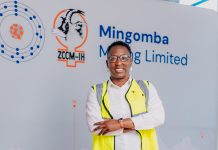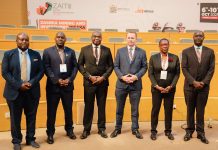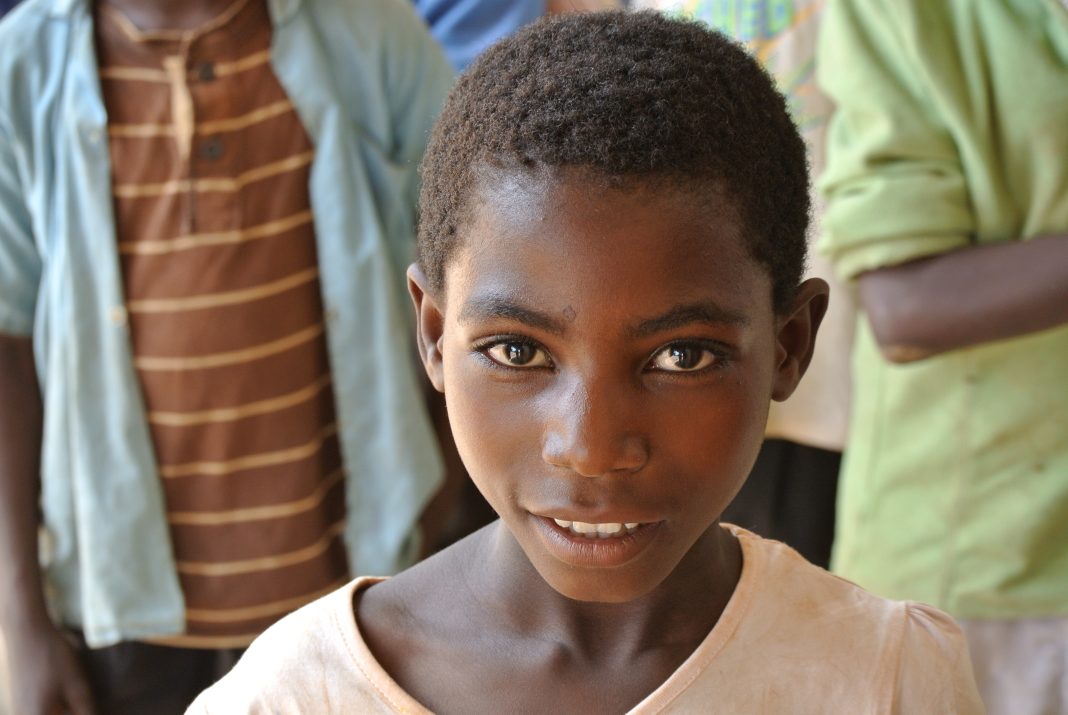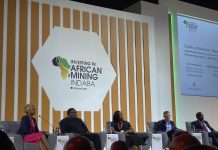It is undeniable that quality education is one of the key elements to unlock the African continent’s enormous potential for growth. Unfortunately, the quality of education is still lacking in most African countries.
According to the Africa-America Institute’s State of Education in Africa report, “more students than ever before in history are enrolled in schools throughout Africa. That’s good reason to cheer, but the pipeline of trained teachers, instructional materials, and infrastructure development have not kept pace with the heavy demand”. In Zambia, the case is no different. But a programme by First Quantum Minerals’ Kansanshi Mine in North-Western Province is trying to address this need.
When the mine undertook to assist Kabwela school together with other schools in 2012, the challenges were numerous, covering infrastructure, human resources and academic performance. There was not even the foundation for effective teaching and learning. Everything had to be rebuilt from the ground up.
Emelda Mulemena, the school’s headmistress, recalls what it was like: “Before Kansanshi came, there was no real infrastructure here. We had grass-thatch classrooms. The teachers were staying in grass-thatch houses. Now, we have at least two proper staff houses and a one-by-three classroom block.”
The school has made great progress in improving the literacy levels of its students
Mulemena explains that the construction of proper staff houses has allowed the school to be provided with additional teachers, as the government allocates teachers based on their ability to be properly accommodated. The lack of infrastructural and academic resources that the school faced at the beginning had a severe impact on academic performance – particularly literacy.
Onward Mandebvu, Head of Education at the Kansanshi Foundation, remembers: “In the first baseline assessment that we conducted in 2013 the school registered zero literacy. That means that none of the children were able to read at the level expected of their grade – and these children ranged in age from seven to thirteen.”
According to Mandebvu, a child in a given grade should be able to read a certain number of words per minute, at a certain level of fluency. These children were stuttering and stumbling. The school was ranked bottom of the 15 schools Kansanshi had assessed. A new head teacher was appointed and enrolled in one of Kansanshi’s leadership development programmes.
“He vowed that the school would never register a zero again,” says Mandebvu. “The school’s teachers went on our training programmes. The next time we did a literacy assessment, Kabwela school was in the top five, and has never been at the bottom again.”
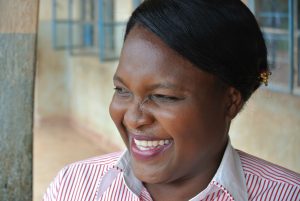
The results have gone beyond improved literacy, and there has been a general improvement in academic performance across the board. Kansanshi has also started a feeding programme for pupils, which is a significant benefit in an area where many children arrive at school in the morning without having eaten a proper breakfast. This has a serious effect on their concentration levels.
However, Kabwela School is not yet out of the woods, and the school continues to battle with a problem that not even Kansanshi can solve – a lack of electricity. Like many rural schools located far from the national electricity grid, Kabwela has no power, and therefore none of the benefits that go with it.
Headmistress Mulemena explains what it means for the school. “It affects our ability to teach properly. No power means we don’t have computers. We don’t have access to television. It’s tricky for us to keep up with current affairs, and we don’t always know what’s happening out there.”
Despite these obstacles, Kansanshi and the school are proud of the great progress made in literacy. Not only does it improve the overall academic performance of the pupils, but it makes them more employable when they graduate.
Mining, in particular, is very demanding in terms of literacy because of the critical need to be able to understand notices and instructions around safety. Even the most basic entry-level job on a mine requires candidates to be able to read and write.
“We’re glad we’re able to make a difference,” says Mandebvu. “Too many children leave school without being able to demonstrate the level of learning that is expected of them.”
See also: Small school, big dreams








